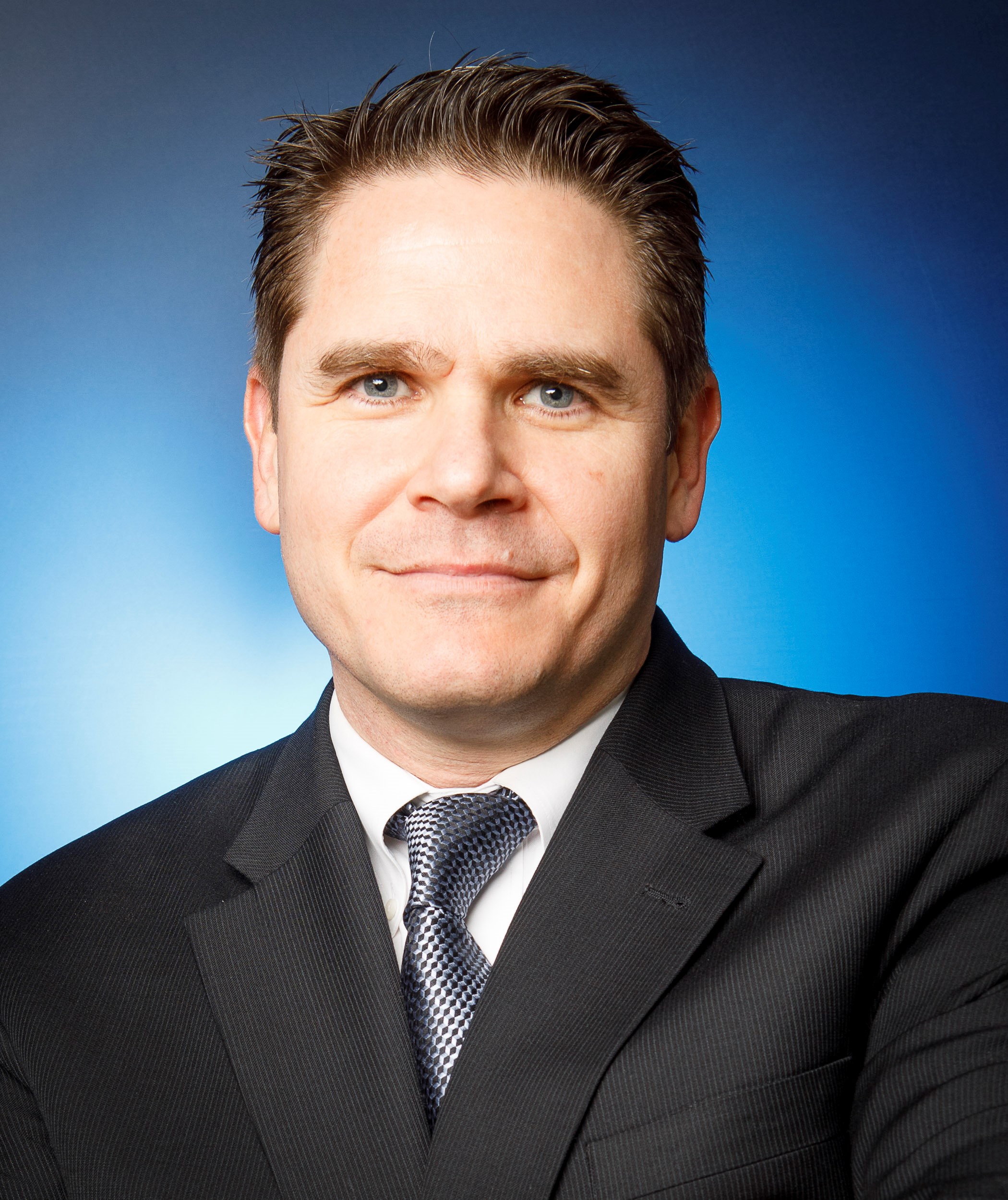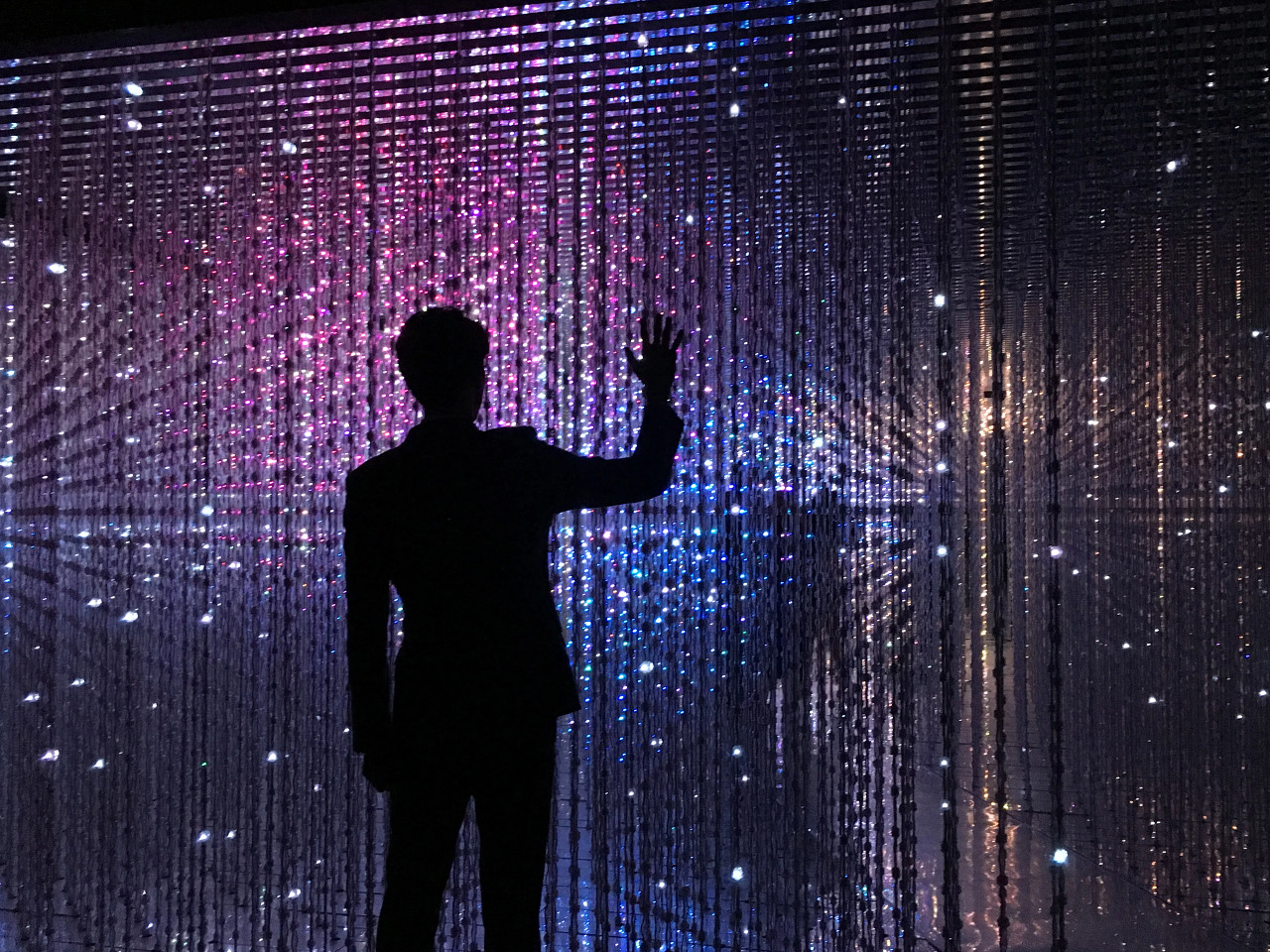The COVID-19 pandemic has had a profound impact on where and how people work — an impact that is likely to endure. And moving forward, business leaders and their organizations have “a huge opportunity to continue to redefine what work is,” according to Peter Richardson, managing director and architect for the Future of Work at Protiviti.
In Richardson’s view, we have only “scratched the surface” over the past two years of what will become a much greater evolution of work. “We’ve been applying new technology over old operating models, old processes. … I don’t think we’ve exploited the potential for fundamentally redefining … how we work, where we work, and what we do it for at all,” said Richardson in a recent VISION by Protiviti podcast.
Richardson projects that “a better world of work is waiting” for knowledge workers in the decade ahead. He said pandemic-related disruption has laid bare the “irrelevance” of the old manufacturing industry-inspired model of people working in fixed locations close to where they live, getting up at the same time every day, and working in the same place to do whatever it is their companies need them to do.
“The pendulum has swung significantly toward a way of working that, to be blunt, we’ve never seen before,” Richardson explained. “Work is no longer just somewhere we go. It’s something we do, and can do everywhere, and we’ve proven that.”
Companies that try to force a return to the “former reality” of work, or otherwise take a rigid stance on where, when and how their employees work, will likely face hiring and retention challenges, Richardson said. He suggests that business leaders strive to, among other things, get past any difficulty they may have in imagining a fundamentally different world of work. And, equally important, they must consider “the consequences of not doing anything” to help make that vision a reality for their organization.
To hear Richardson’s thoughts on how organizations should use technology to create a more inclusive working model, ensure that people in their workforce stay connected and help prevent employees from experiencing “digital exhaustion,” listen to the full podcast on VISION by Protiviti.
Subscribe to the VISION by Protiviti newsletter.





